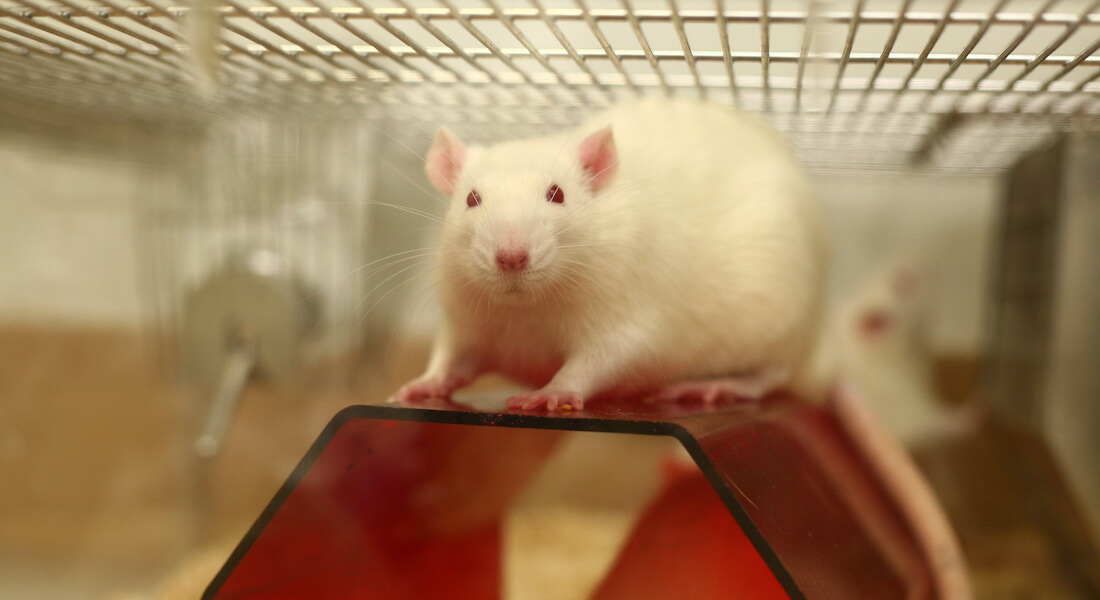
Laboratory animals

Contemporary research in the life sciences, particularly in biomedicine, involves experimentation on large numbers of live animals. Global estimates indicate that between 100 and 200 million animals are used every year for experimentation. The animals on which experiments are performed are sometimes subjected to distressing or painful procedures. They are often housed in ways that limit their freedom, and nearly all of them are killed when the experiment comes to an end.
The overwhelming majority of these animals are vertebrates with highly developed nervous systems. They cannot, of course, consent to their own participation in research. Nor do they, as individuals, stand to benefit from such participation. These facts present both the scientific community and society in general with a question: Are we as human beings morally justified in treating animals this way?
Below you will find a variety of recent publications about laboratory animal ethics and welfare.
You can also search among all publications on the site here:

